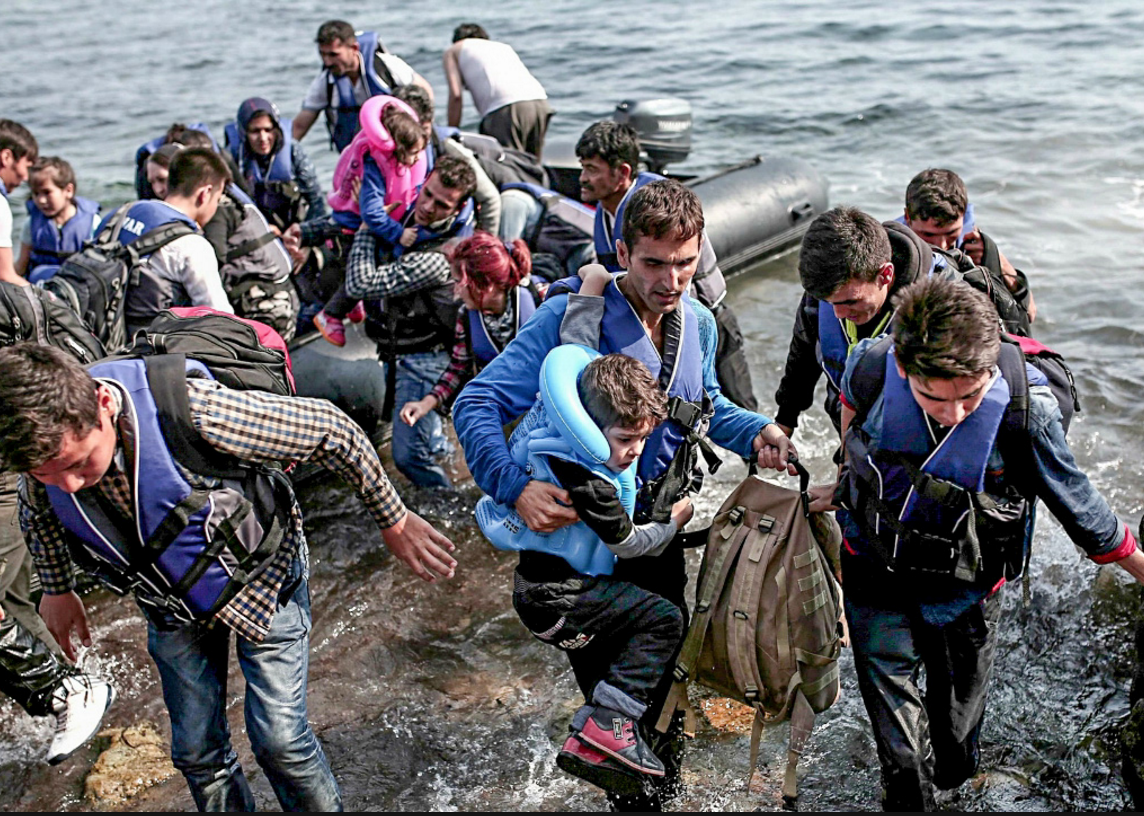It is no secret that Jordan still has a long way to go in regards to women’s rights. Although there has been significant improvement over the past 50 years, great challenges still remain. These include the lack of female presence in political leadership, which in turn does not represent the number of women who are active in society, the lack of women in the labor force despite their high levels of education and discriminatory nationality laws. Violence against women is still a major issue, as the domestic violence law introduced in 2008 does not clearly define domestic violence and relies heavily on the penal code as well as the judge’s discretion. In order to counter all of these challenges, the concept of women’s roles or place in society must be altered in Jordan.
Women in Jordan also face discrimination as legal guardians to their children. Just seven months ago, Qais, a one-week-old baby, died after a hospital refused to give him urgent medical attention because his father did not sign the necessary legal papers. The hospital abided by Article 123 of the Civil Law of 1976, which stipulates that medical interventions on minors, such as surgery, require the approval of a male guardian. Under this law, male guardian refers to the father or anyone the father recommends, followed by the grandfather or anyone he recommends. If they are not available it is up to the court to decide who the child’s guardian is. This particular situation has angered many in Jordan and has prompted activists such as Reem Jazi, to start a campaign demanding women have equal rights with men in regards to medical intervention for their children. For a country trying to make progress in the realm of women’s rights it is both disappointing and nonsensical that something as basic as a mother getting her child the medical care it needs is treated as a privilege by the law. Reem Jazi, herself a mother of a three year old, has said that she is not looking for the abolishment of male guardians’ rights, the aim of her campaign is simply this: “We want to amend the law to grant mothers the same rights that will enable them to look after their children.”
Discrimination against female guardians goes further still under the Personal Status law. Under this law, a male guardian’s approval is needed to get a passport for a child and for the child to travel. In addition a mother cannot have custody of her children if she remarries after a divorce. Such laws impact the security of female guardians and their children due to the fact that if women want to leave the country for security reasons, they cannot take their children with them legally if the male guardians disapprove. Further, this law and similar laws in the region have left an impact on refugee women and their children, as more than 145,000 Syrian families living in Egypt, Lebanon, Iraq and Jordan are headed by women. They need the capacity to be able to provide for their children and make decisions for their wellbeing, particularly when it comes to issues of movement and healthcare.
To tackle these forms of discrimination against women, it must be stressed that substantive amendments need to be made to the laws or female guardians will continue to face constant battles under a discriminatory system.
Disclaimer: Any views or opinions expressed in articles are solely those of the authors and do not necessarily represent the views of the NATO Association of Canada.



